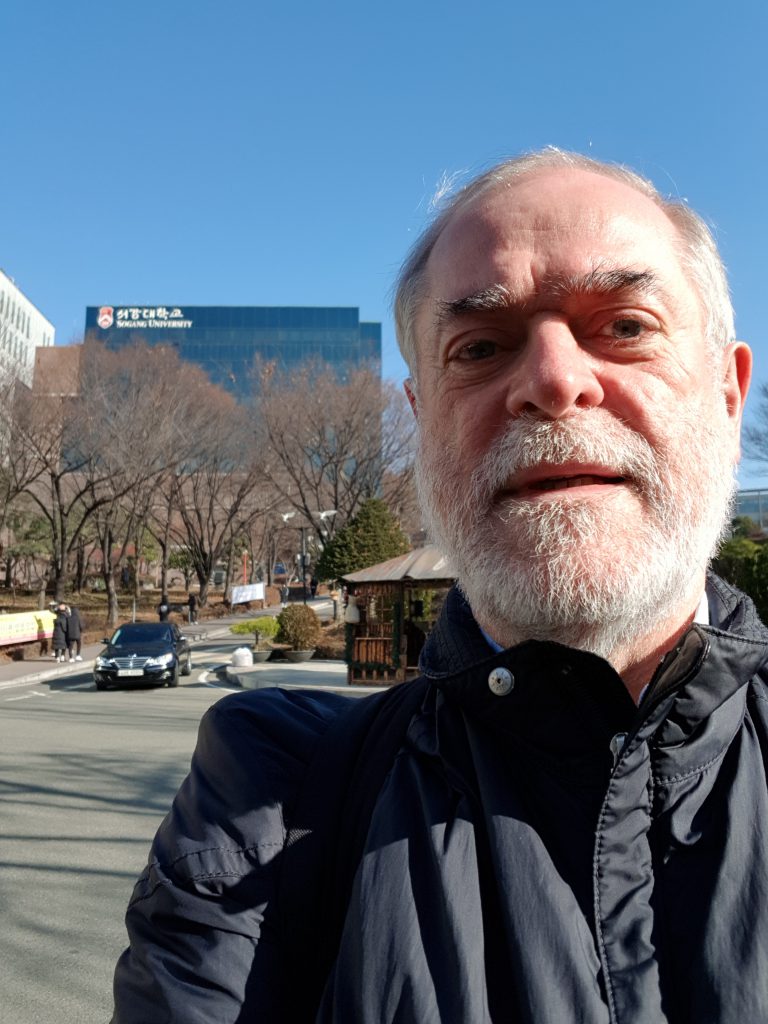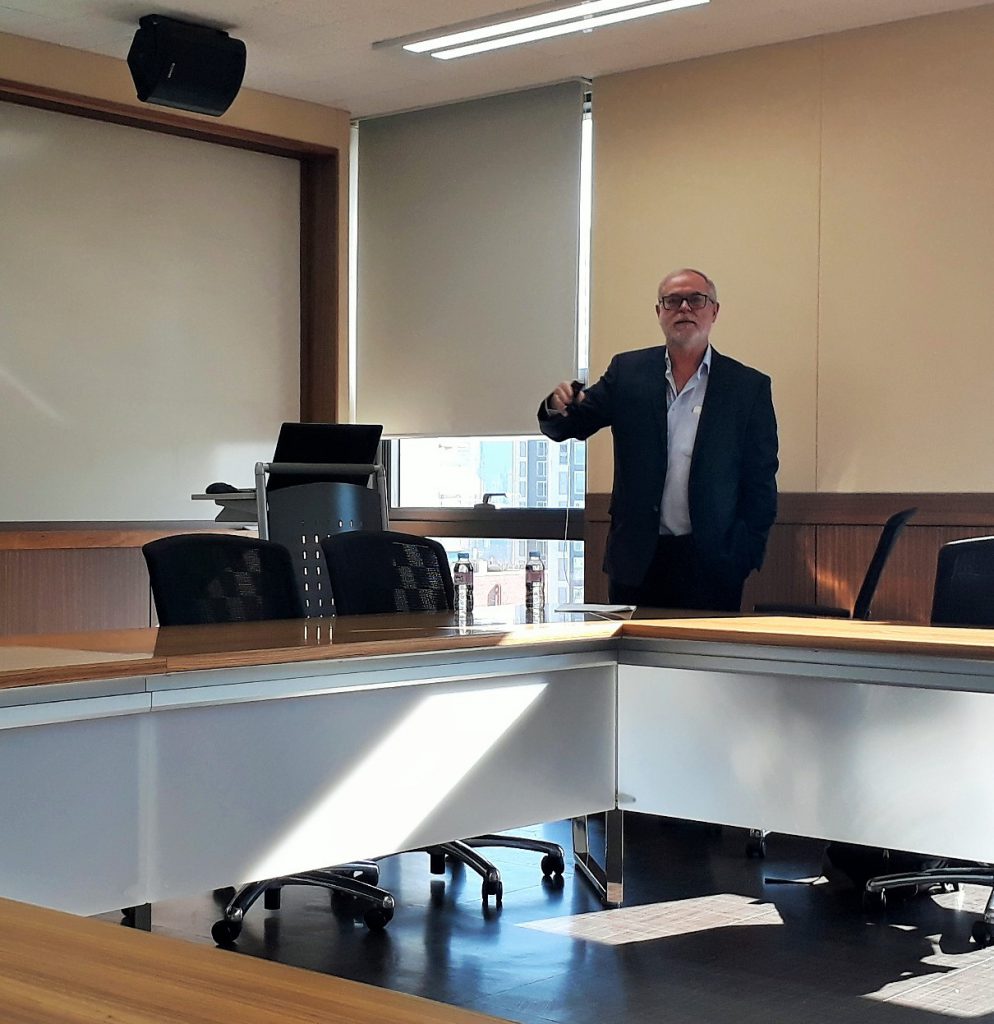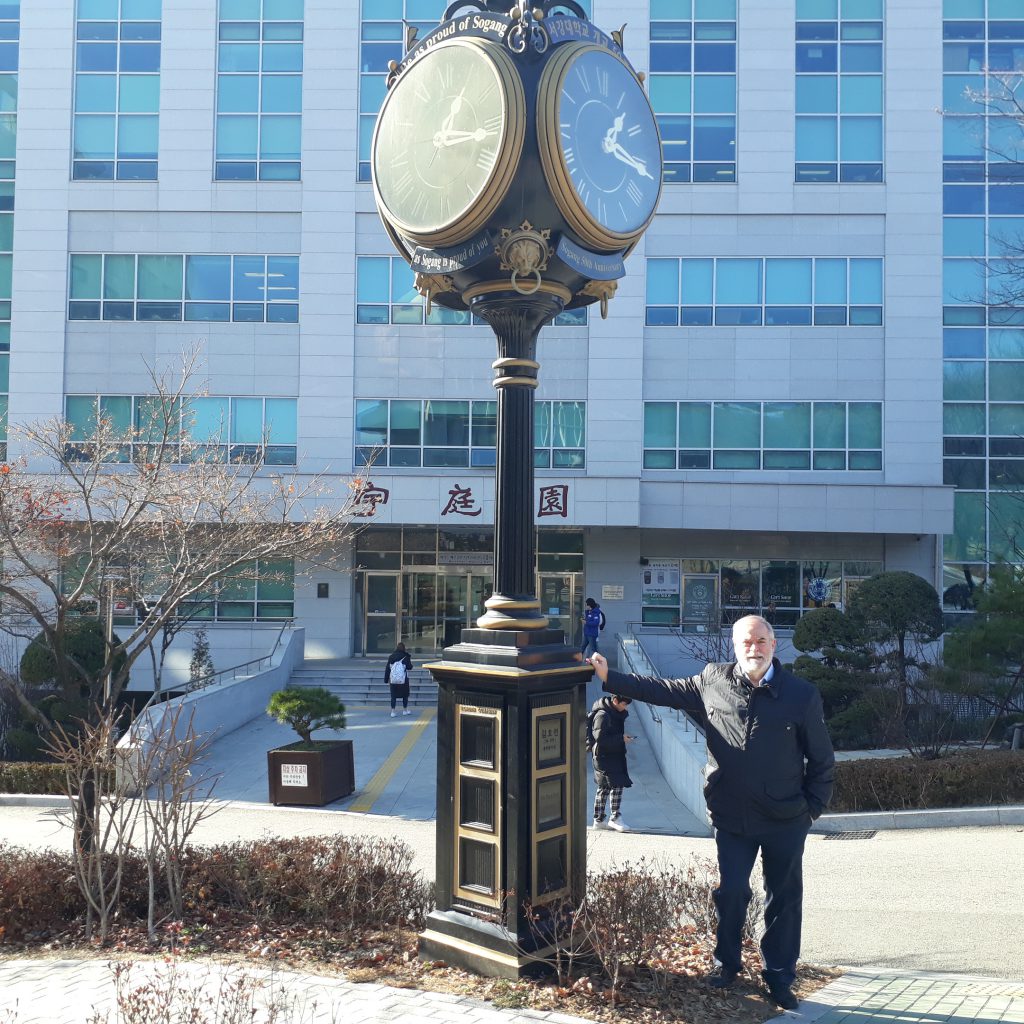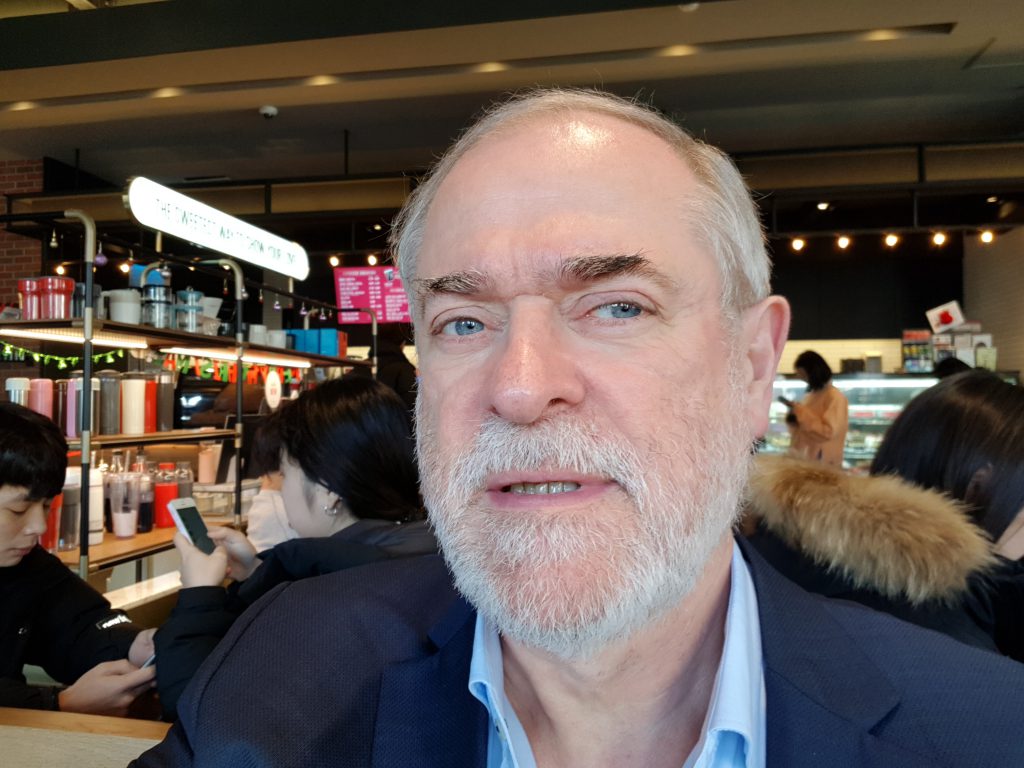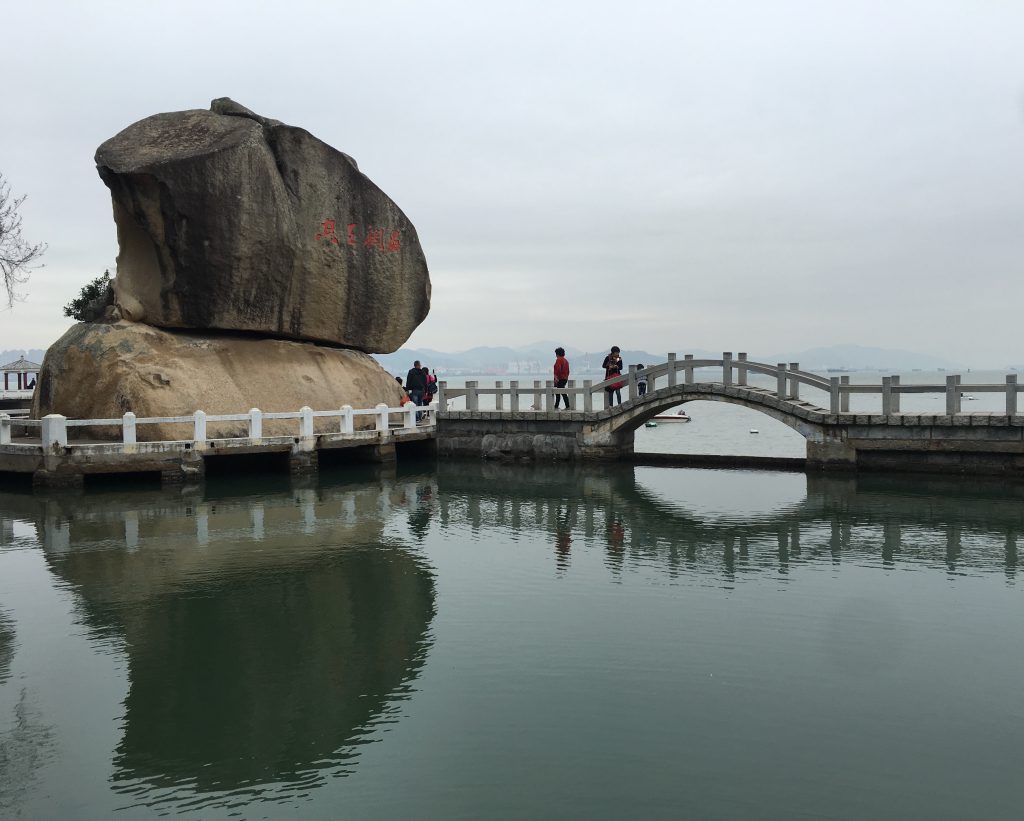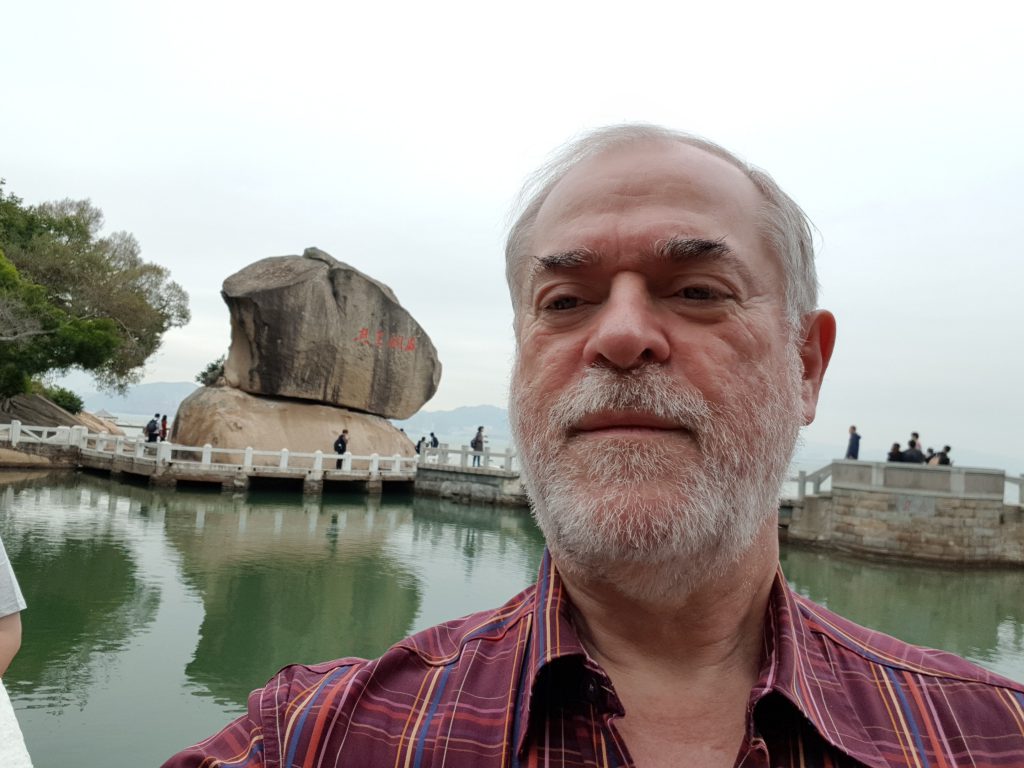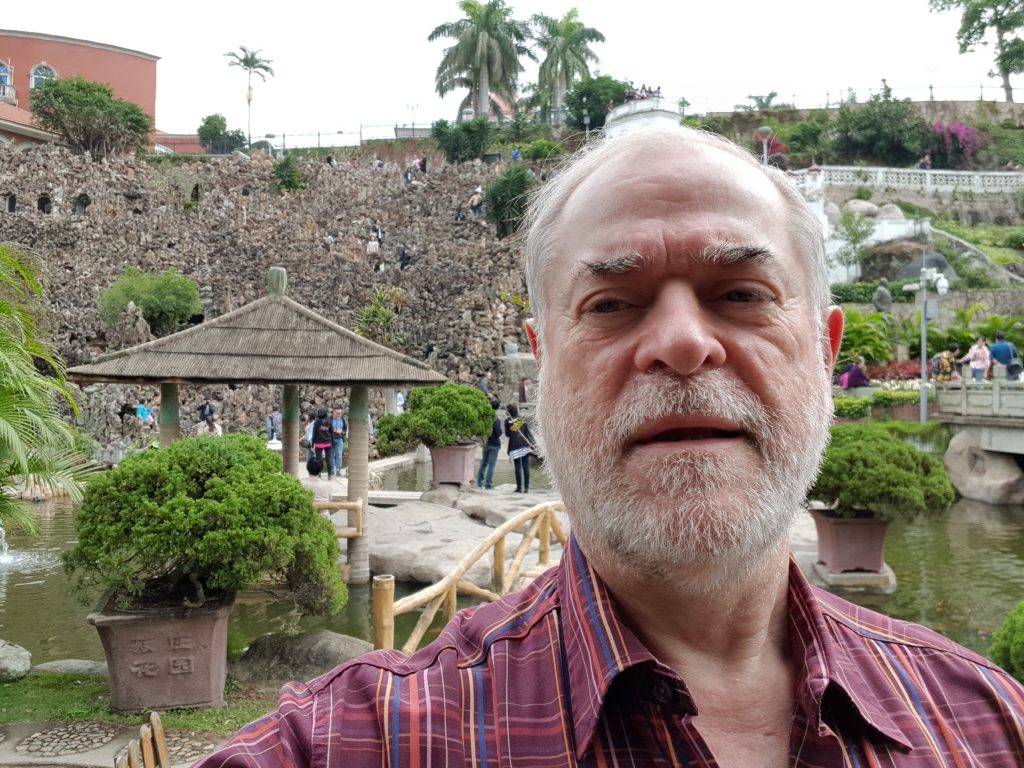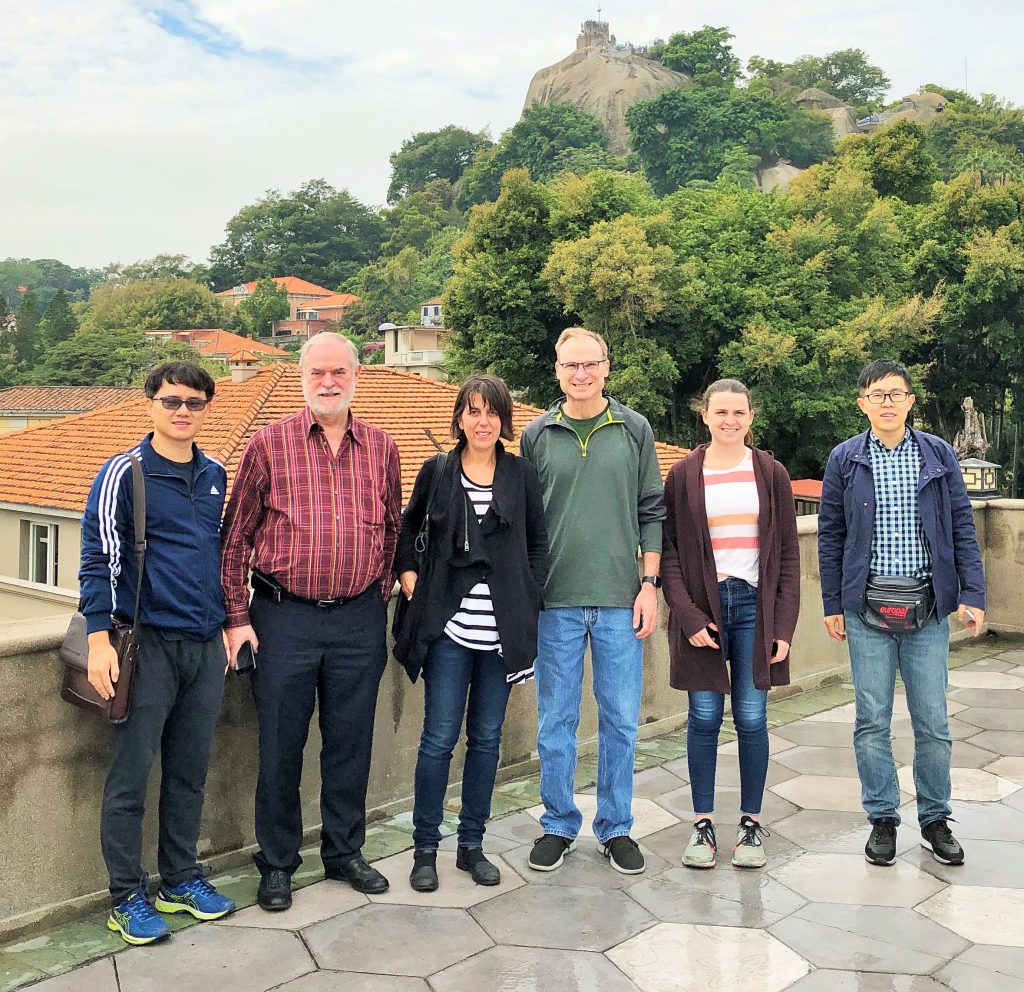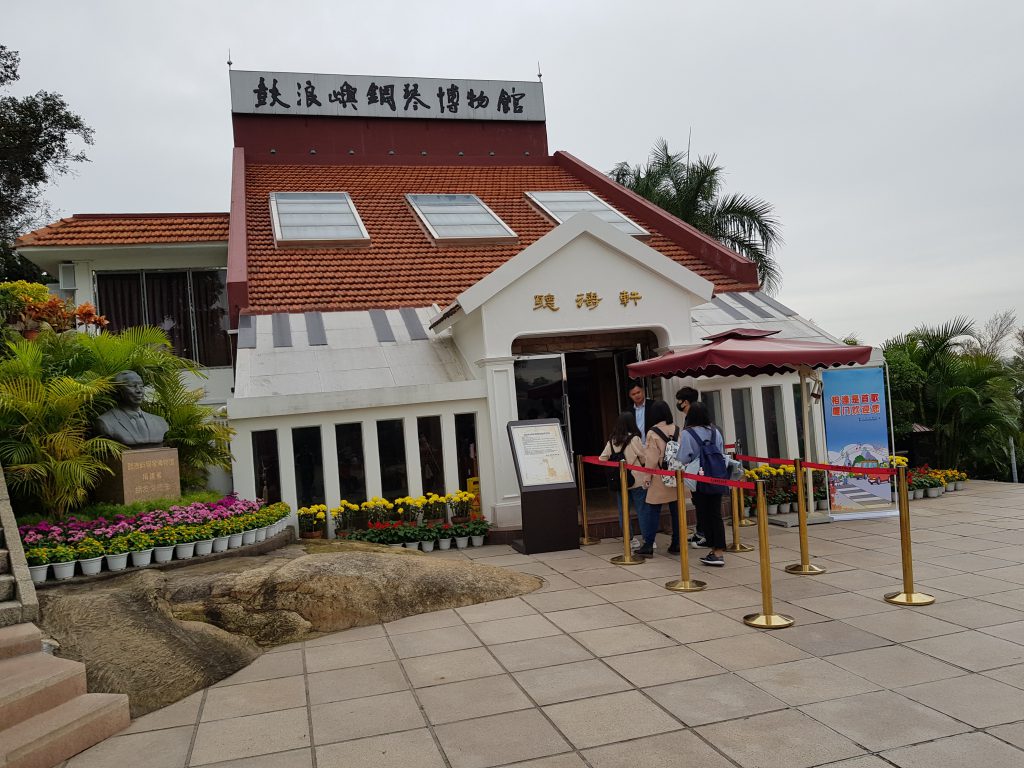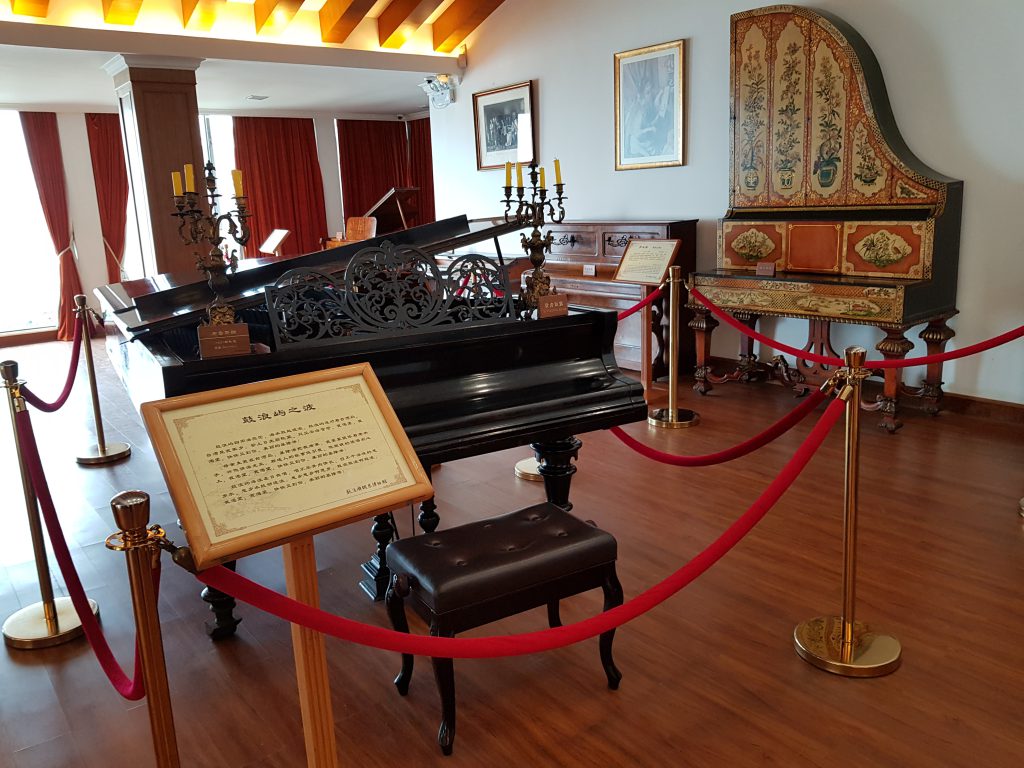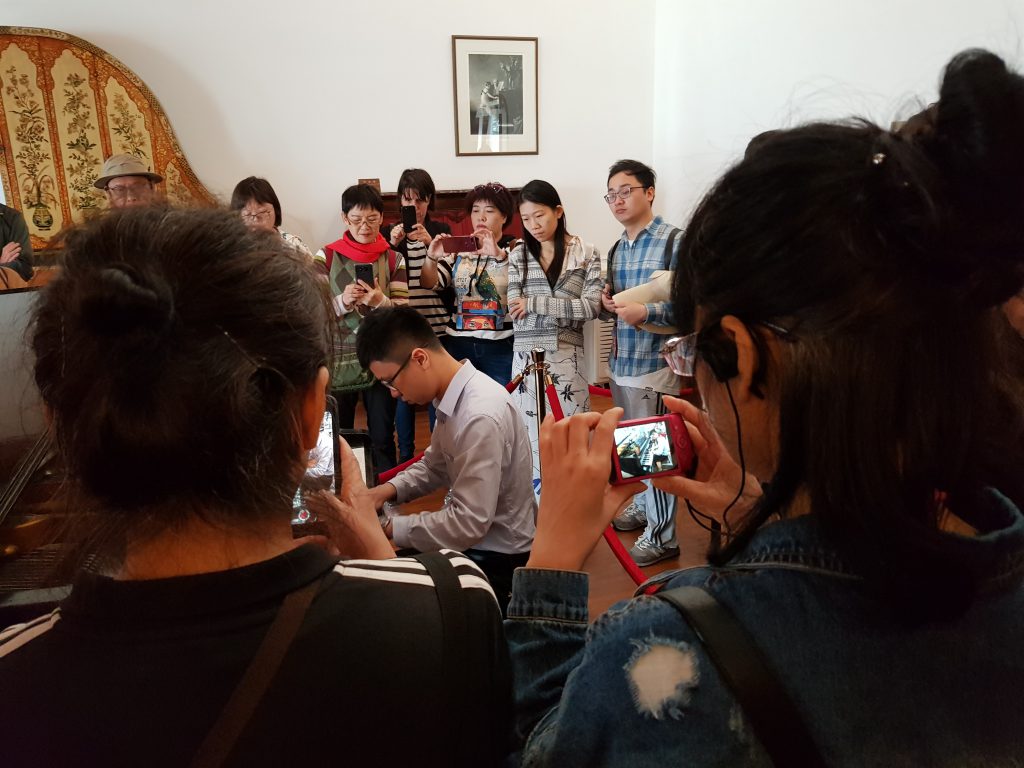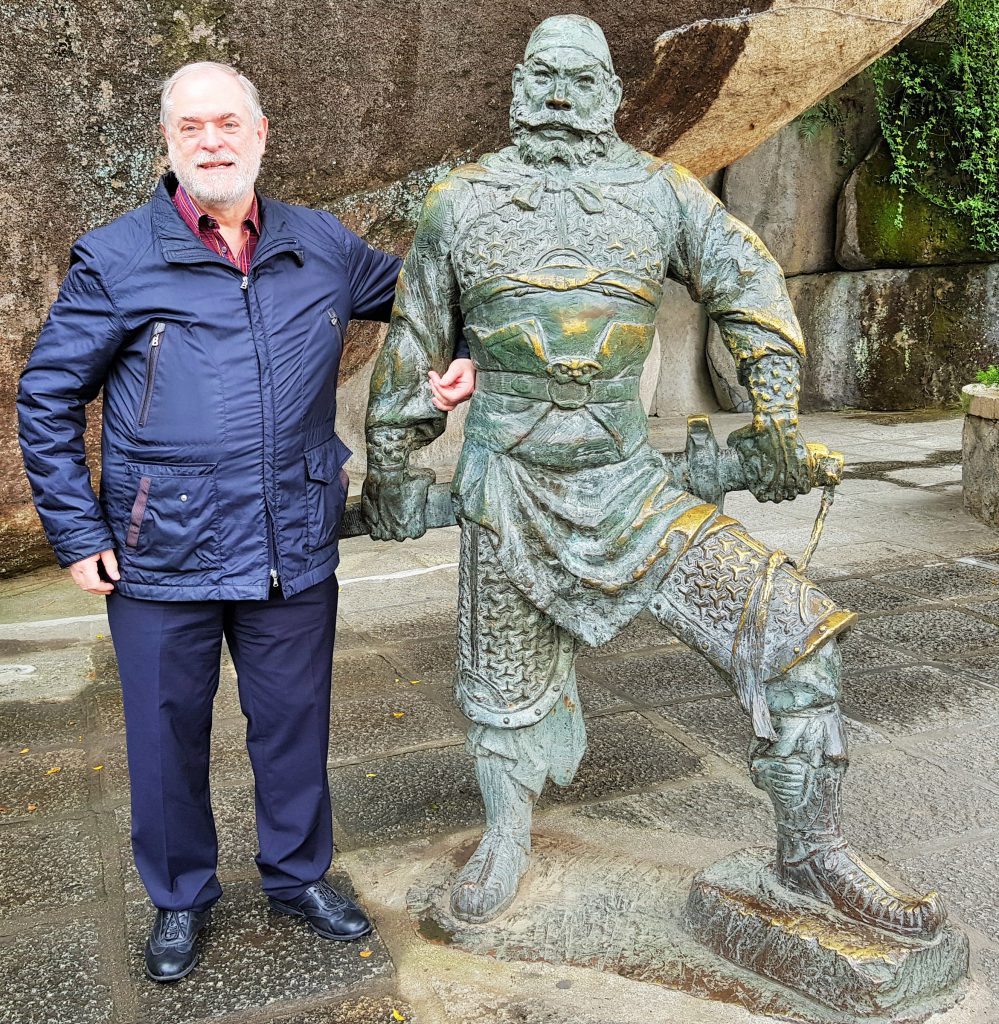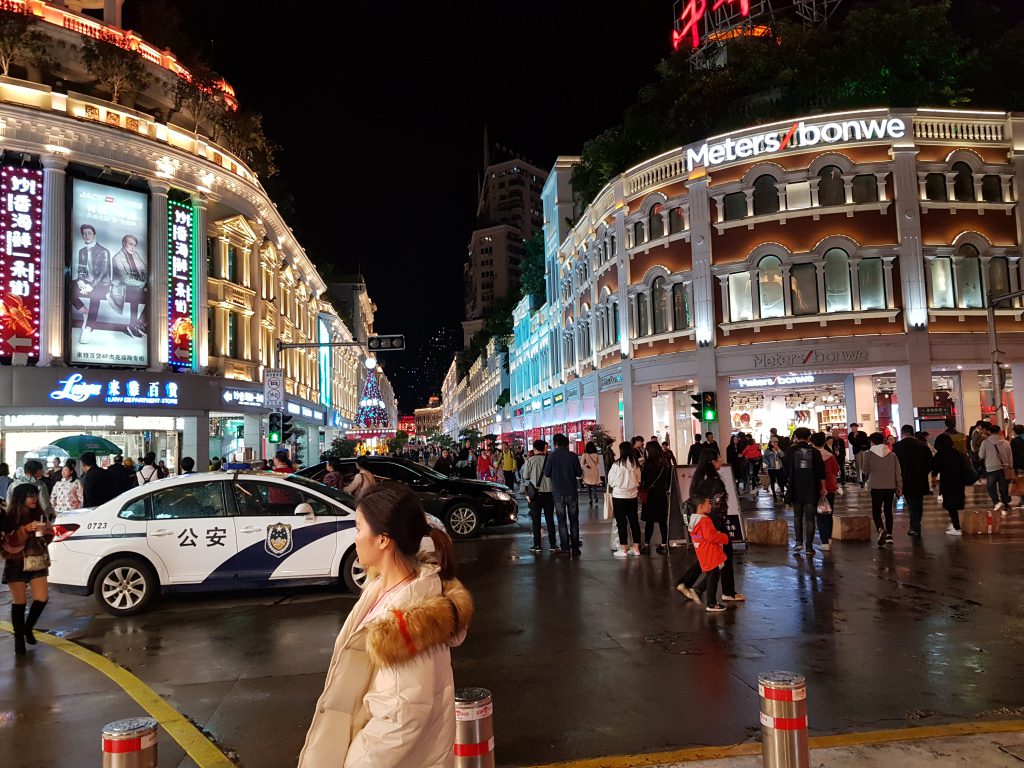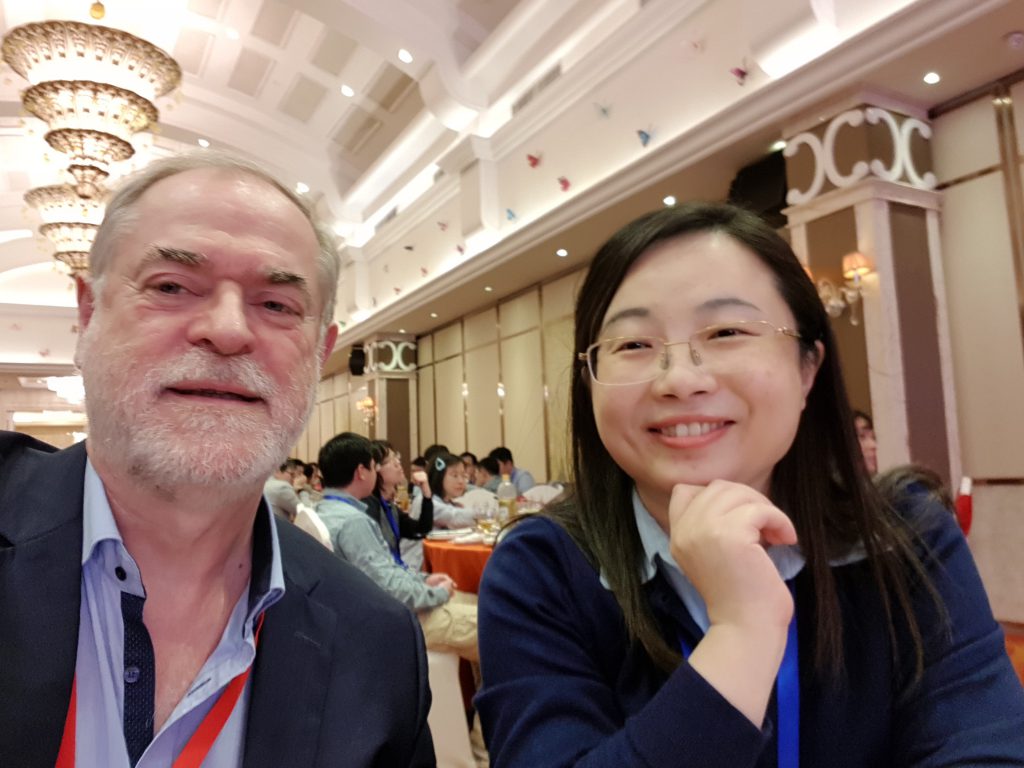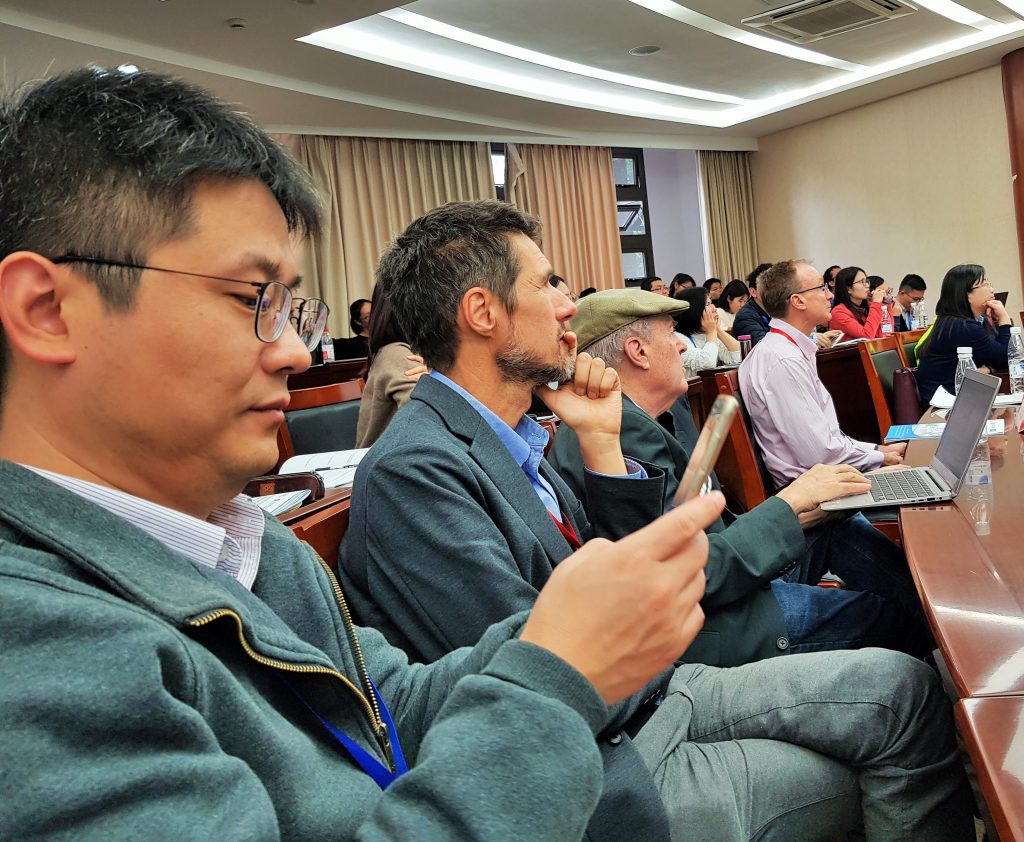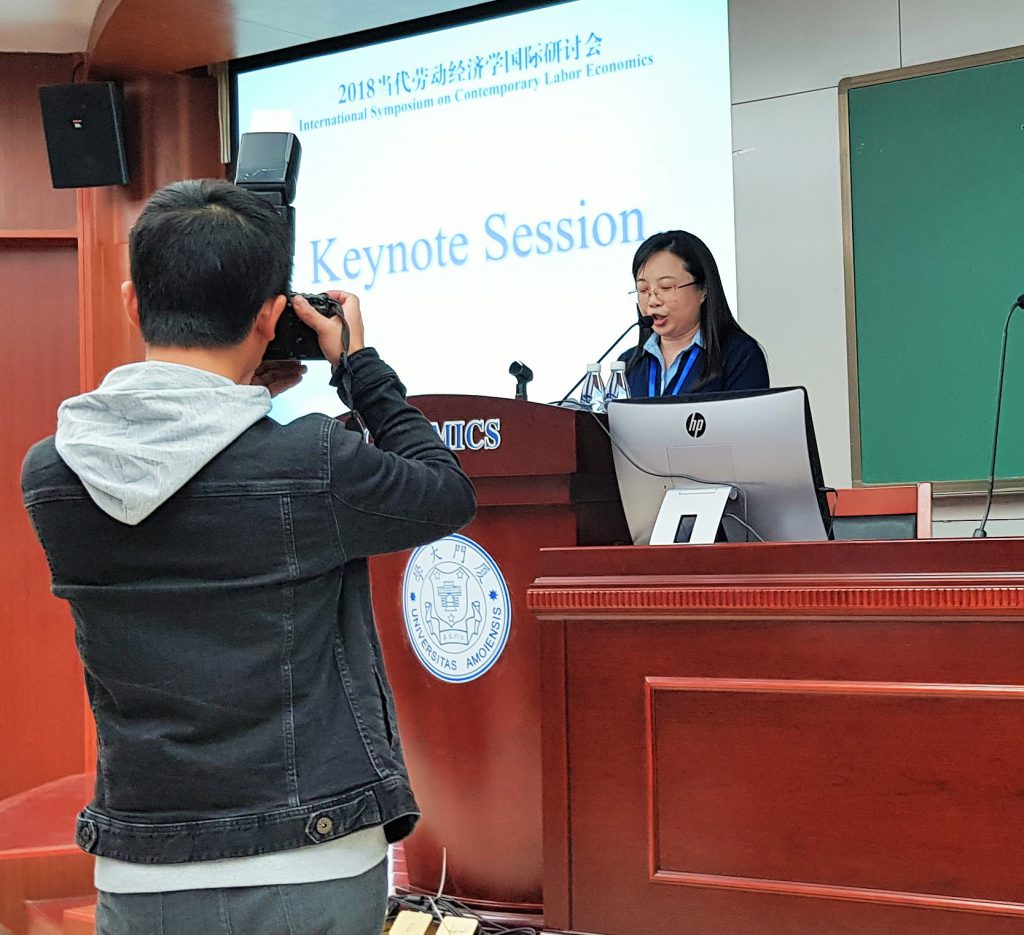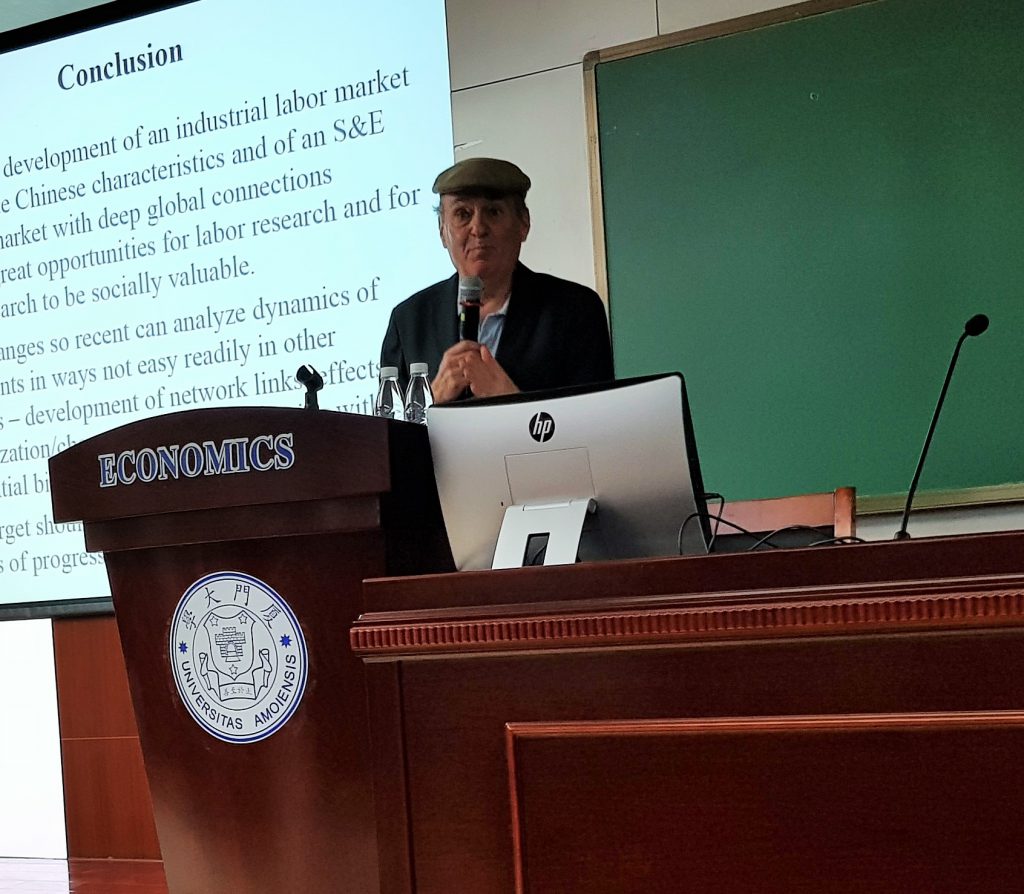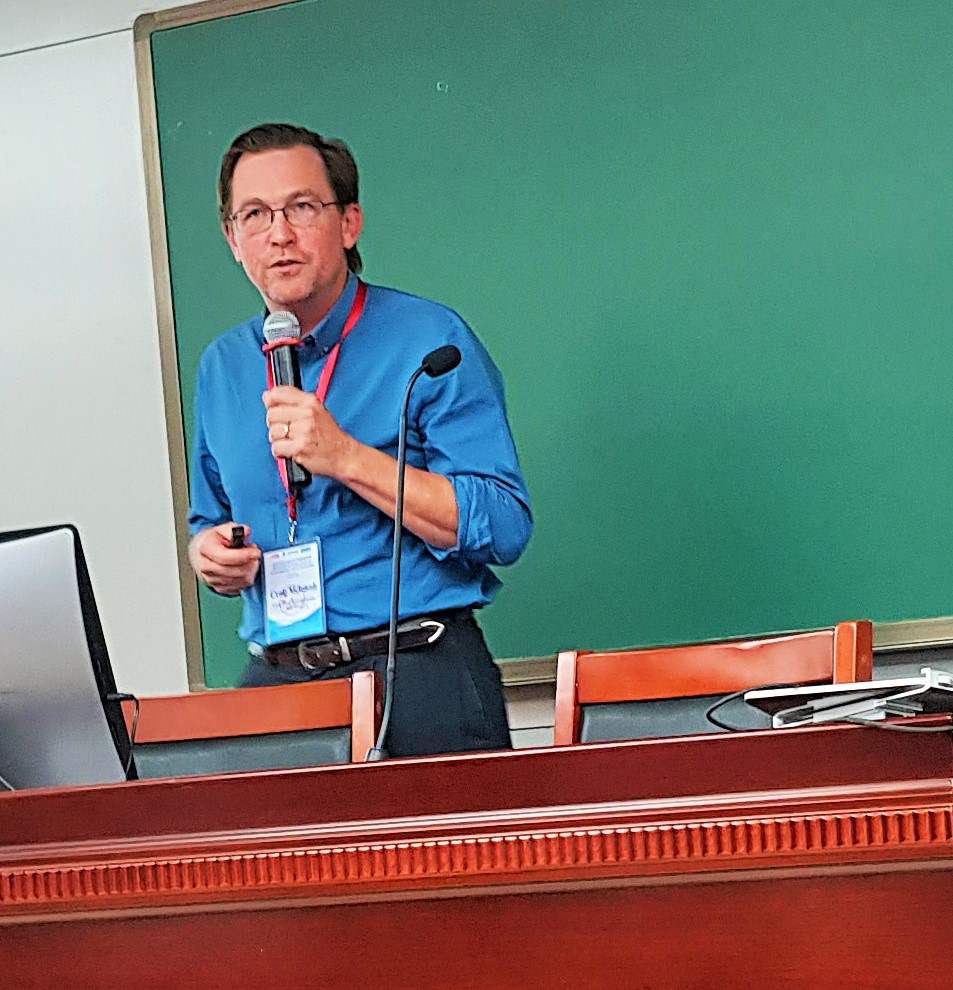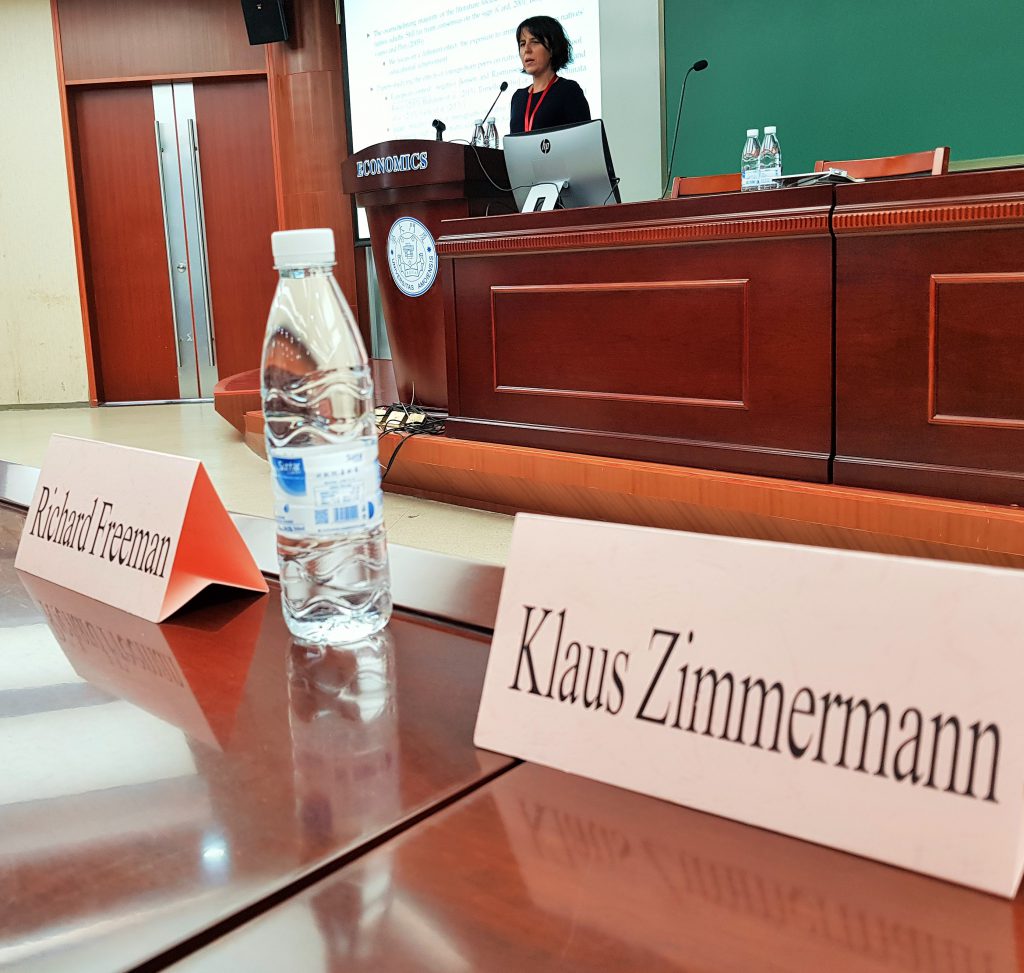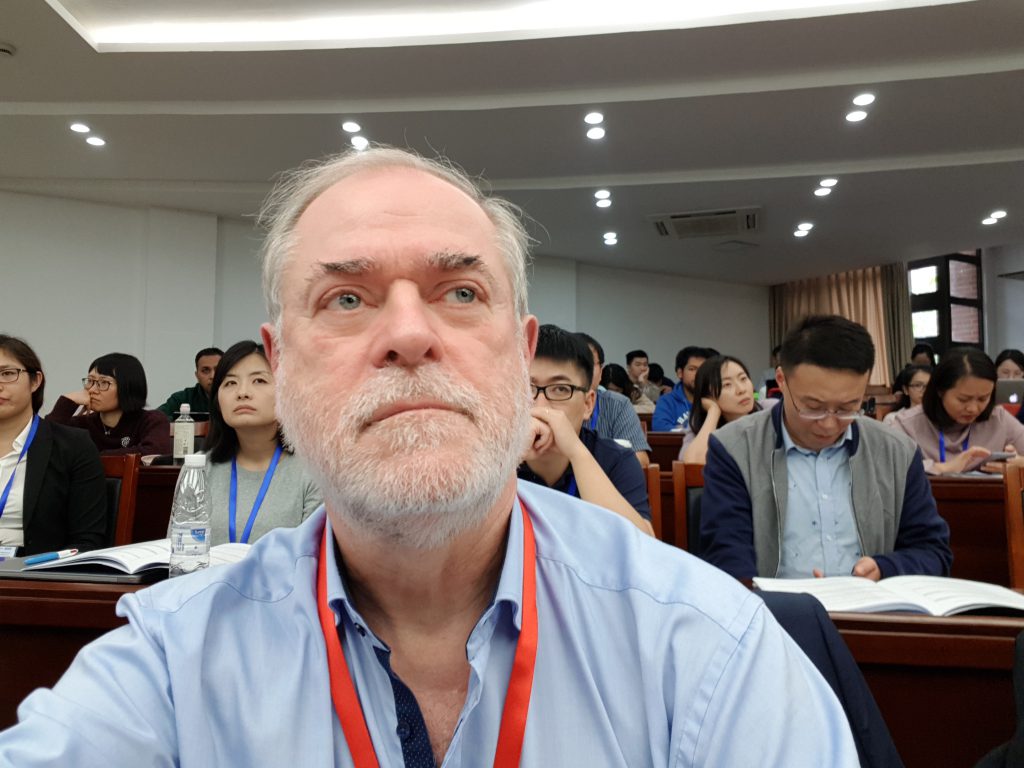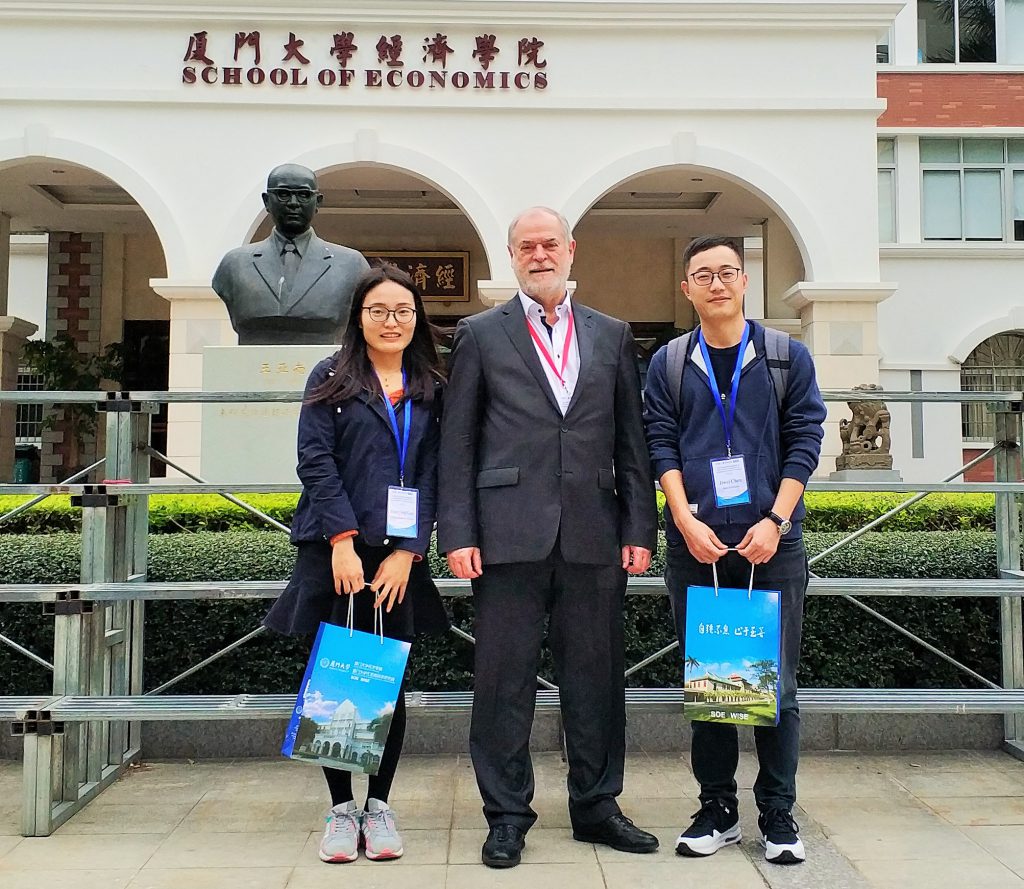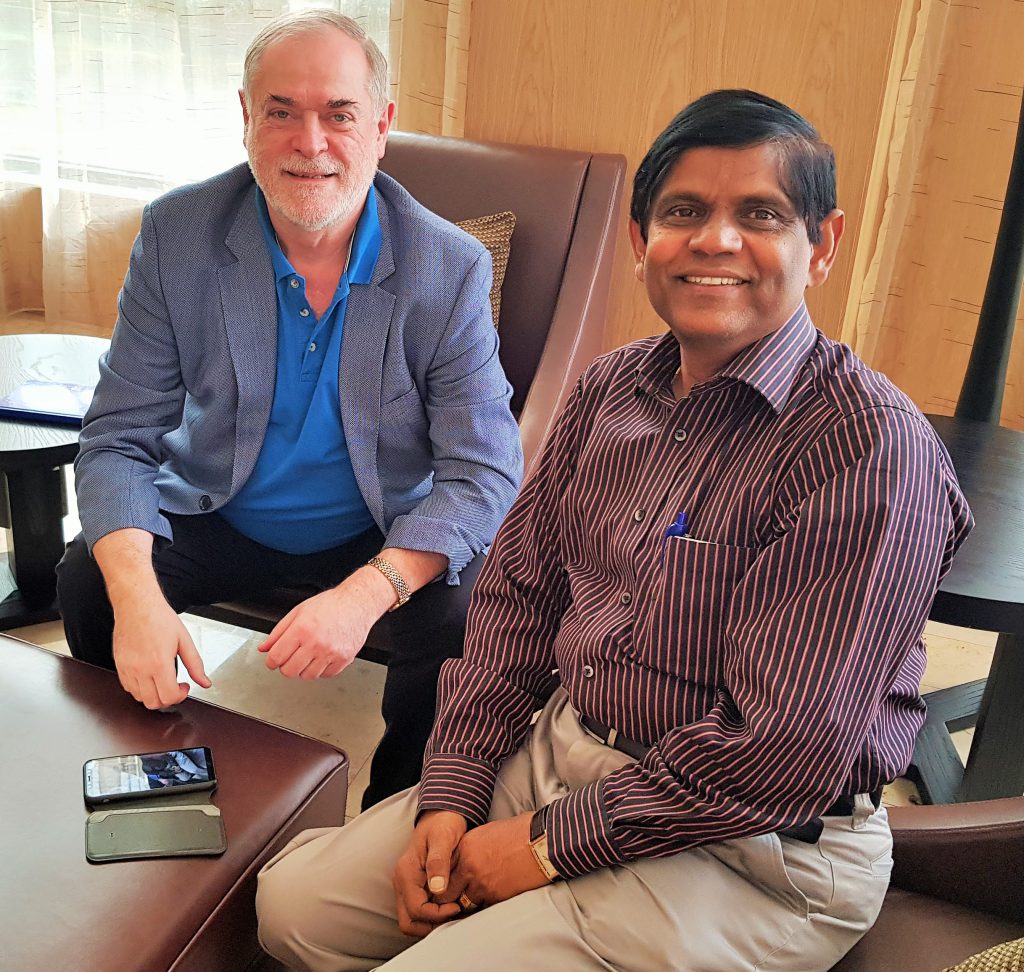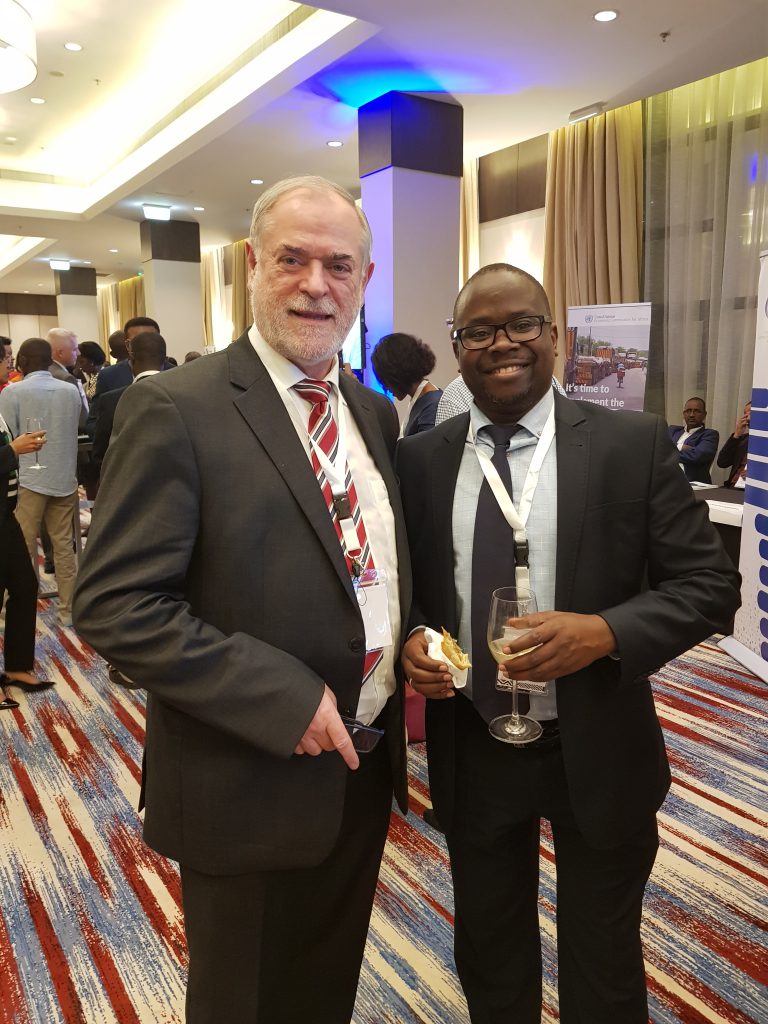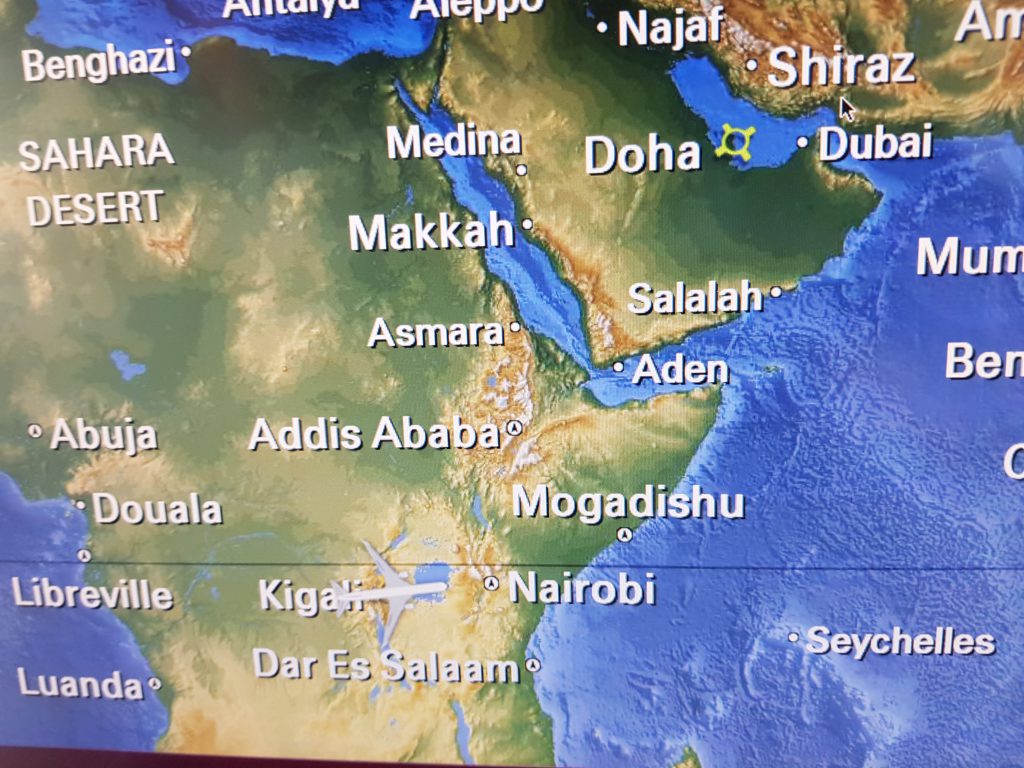The discussion paper of the month (see below) deals with the sources of inequality in East Africa. It concludes that promoting equity in education requires policies that go beyond raising average school quality and should attend to the distribution of school quality as well as assortative matching between households and schools.
Titles and free access/links to GLO Discussion Papers
GLO Discussion Papers are research and policy papers of the GLO Network which are widely circulated to encourage discussion. Provided in cooperation with EconStor, a service of the ZBW – Leibniz Information Centre for Economics, GLO Discussion Papers are among others listed in RePEc (see IDEAS, EconPapers). Complete list of all GLO DPs downloadable for free.
GLO Discussion Paper of the Month: November
Anand, Paul & Behrman, Jere R. & Dang, Hai-Anh H. & Jones, Sam: 2018. “Inequality of Opportunity in Education: Accounting for the Contributions of Sibs, Schools and Sorting across East Africa,” GLO Discussion Paper Series 270, Global Labor Organization (GLO). FREE – Download PDF
Abstract: Inequalities in the opportunity to obtain a good education in low-income countries are widely understood to be related to household resources and schooling quality. Yet, to date, most researchers have investigated the contributions of these two factors separately. This paper considers them jointly, paying special attention to their covariation, which indicates whether schools exacerbate or compensate for existing household-based inequalities. The paper develops a new variance decomposition framework and applies it to data on more than one million children in three low-income East African countries. The empirical results show that although household factors account for a significant share of total test score variation, variation in school quality and positive sorting between households and schools are, together, no less important. The analysis also finds evidence of substantial geographical heterogeneity in schooling quality. The paper concludes that promoting equity in education in East Africa requires policies that go beyond raising average school quality and should attend to the distribution of school quality as well as assortative matching between households and schools.
Land of Thousand Hills: Rwanda
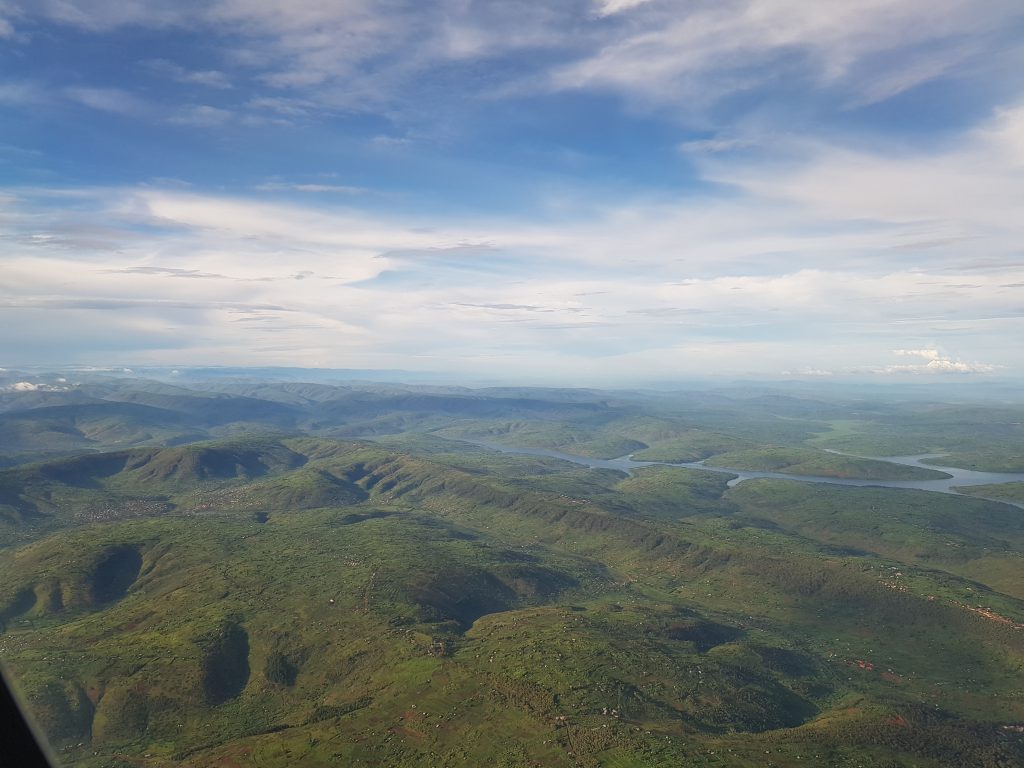
GLO Discussion Papers of November 2018
280 The Financial Decisions of Immigrant and Native Households: Evidence from Italy – Download PDF
by Bertocchi, Graziella & Brunetti, Marianna & Zaiceva, Anzelika
279 War and Social Attitudes – Download PDF
by Child, Travers Barclay & Nikolova, Elena
278 Younger and Dissatisfied? Relative Age and Life-satisfaction in Adolescence – Download PDF
by Fumarco, Luca & Baert, Stijn
277 Relative Age Effect on European Adolescents’ Social Network – Download PDF
by Fumarco, Luca & Baert, Stijn
276 Work Hard or Play Hard? Degree Class, Student Leadership and Employment Opportunities – Download PDF
by Baert, Stijn & Verhaest, Diete
275 Industrial relations reform, firm-level bargaining and nominal wage floors – Download PDF
by Giannakopoulosa, Nicholas & Laliotis, Ioannis
274 Labor supply and the business cycle: The “Bandwagon Worker Effect” – Download PDF
by Martín Román, Ángel L. & Cuéllar-Martín, Jaime & Moral de Blas, Alfonso
273 Reaching the Top or Falling Behind? The Role of Occupational Segregation in Women’s Chances of Finding a High-Paying Job Over the Life-Cycle – Download PDF
by Gutierrez, Federico H.
272 Arrival of Young Talents: The Send-down Movement and Rural Education in China – Download PDF
by Chen, Yi & Fan, Ziying & Gu, Xiaomin & Zhou, Li-An
271 Family Unification, Siblings, and Skills – Download PDF
by Duleep, Harriet Orcutt & Regets, Mark
270 Inequality of Opportunity in Education: Accounting for the Contributions of Sibs, Schools and Sorting across East Africa – Download PDF
by Anand, Paul & Behrman, Jere R. & Dang, Hai-Anh H. & Jones, Sam
269 Trade and capital flows: Substitutes or complements? An empirical investigation – Download PDF
by Belke, Ansgar & Domnick, Clemens
268 Son Preference and Human Capital Investment Among China’s Rural-Urban Migrant Households – Download PDF
by Lin, Carl & Sun, Yan & Xing, Chunbing
GLO DP Team
Senior Editors:
Matloob Piracha (University of Kent) & GLO; Klaus F. Zimmermann (UNU-MERIT, Maastricht University and Bonn University).
Managing Editor: Magdalena Ulceluse, University of Groningen. DP@glabor.org

Ends;

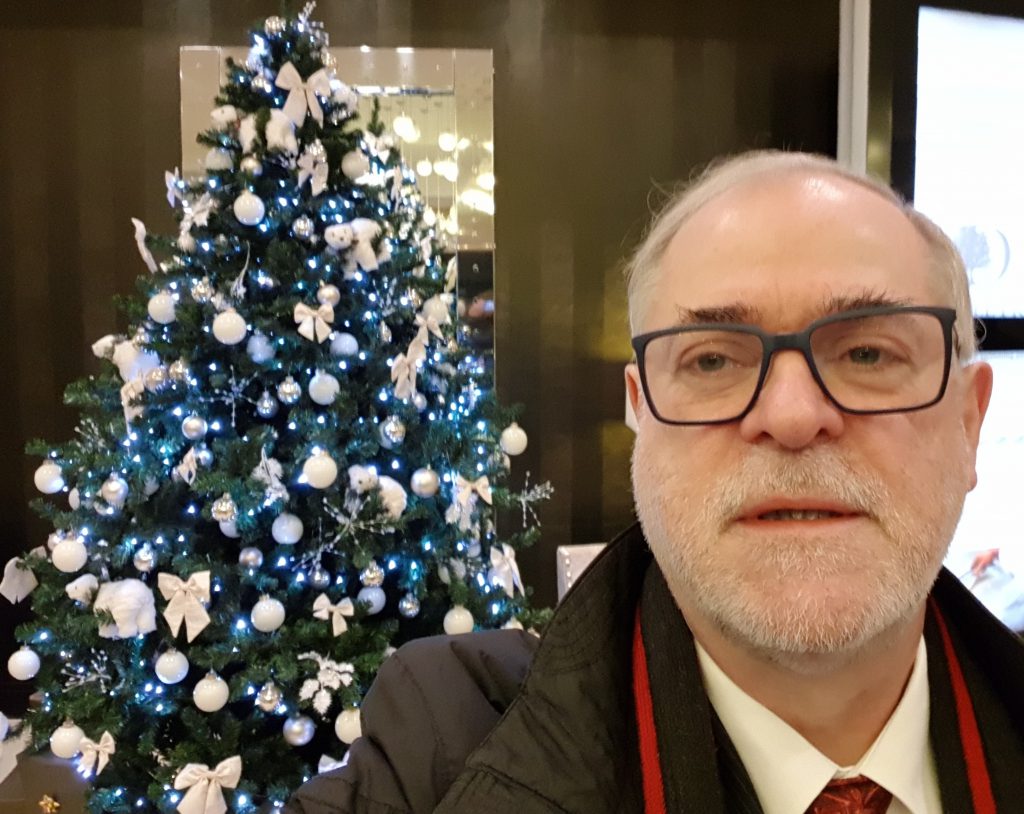
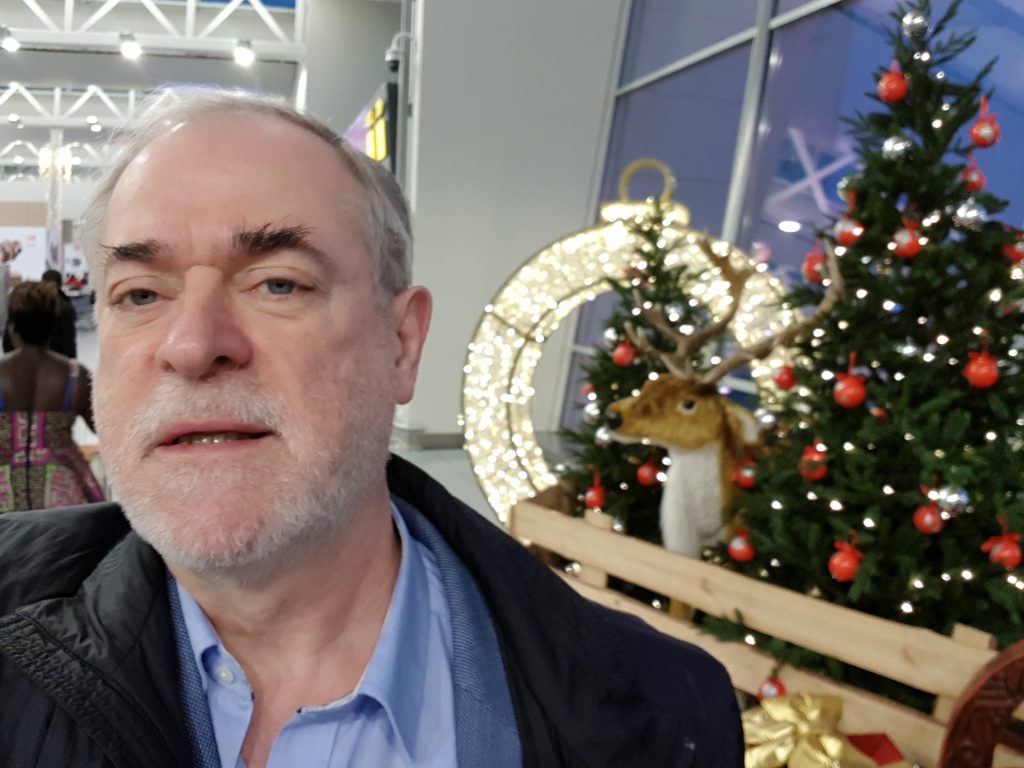





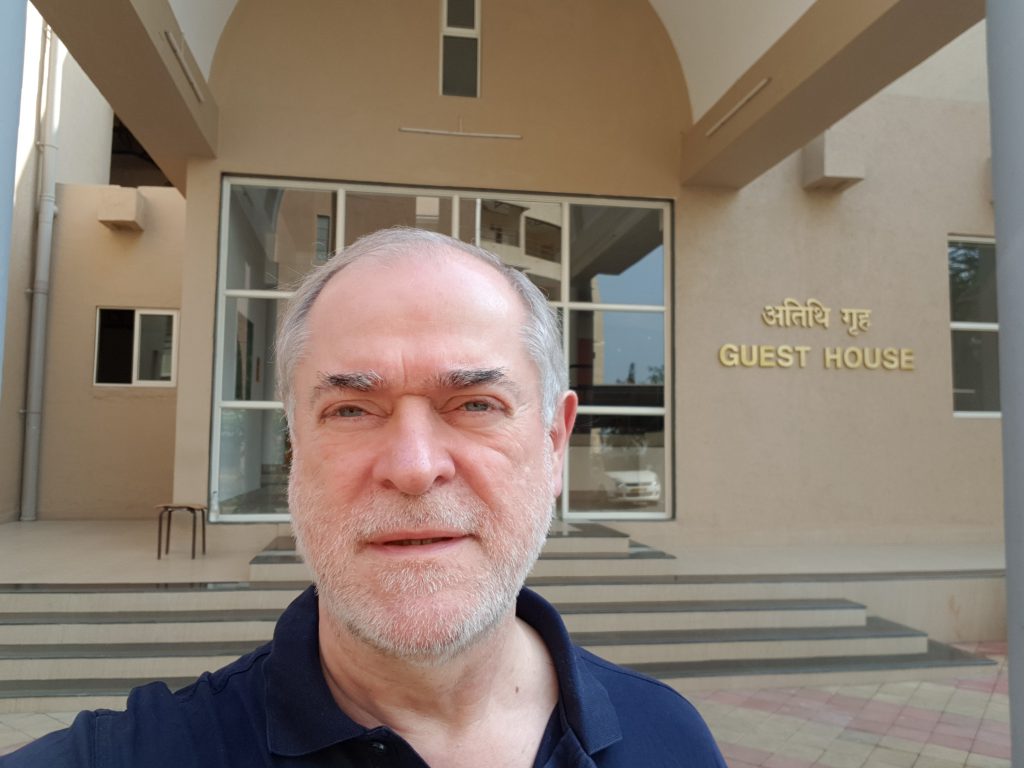
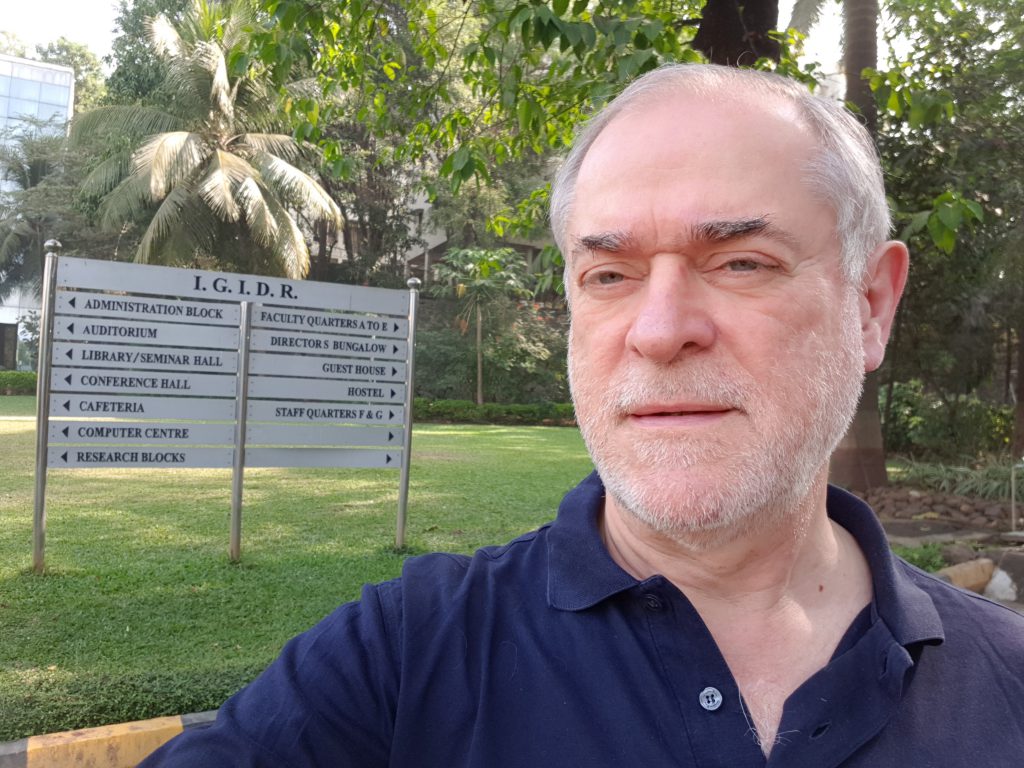
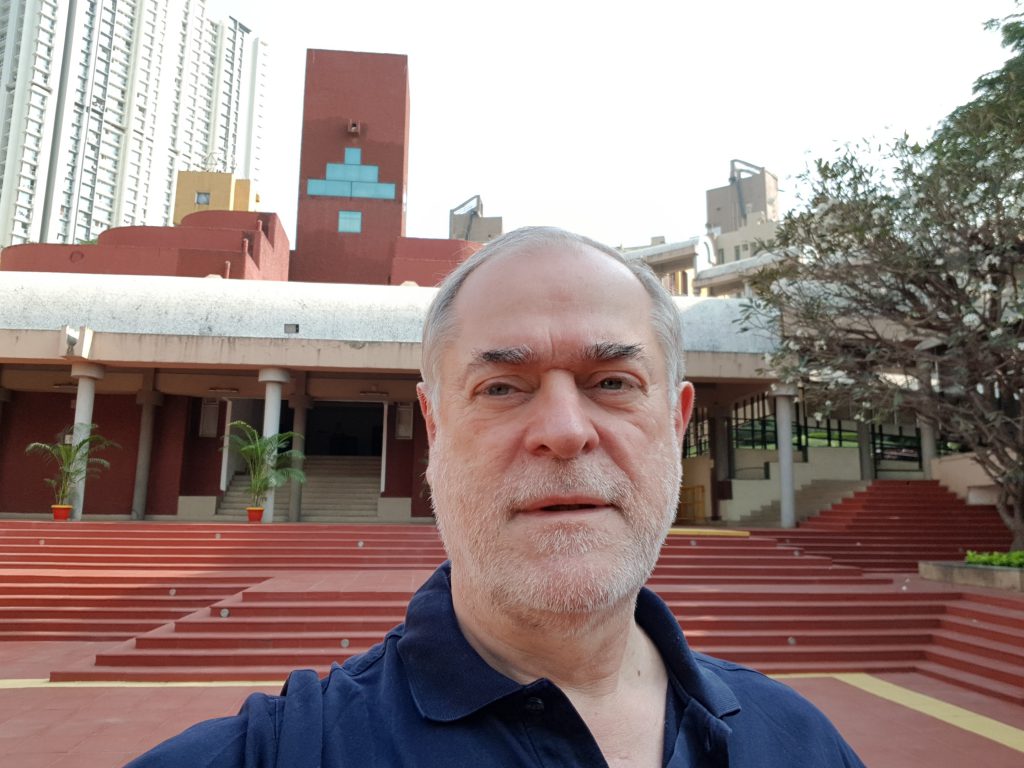

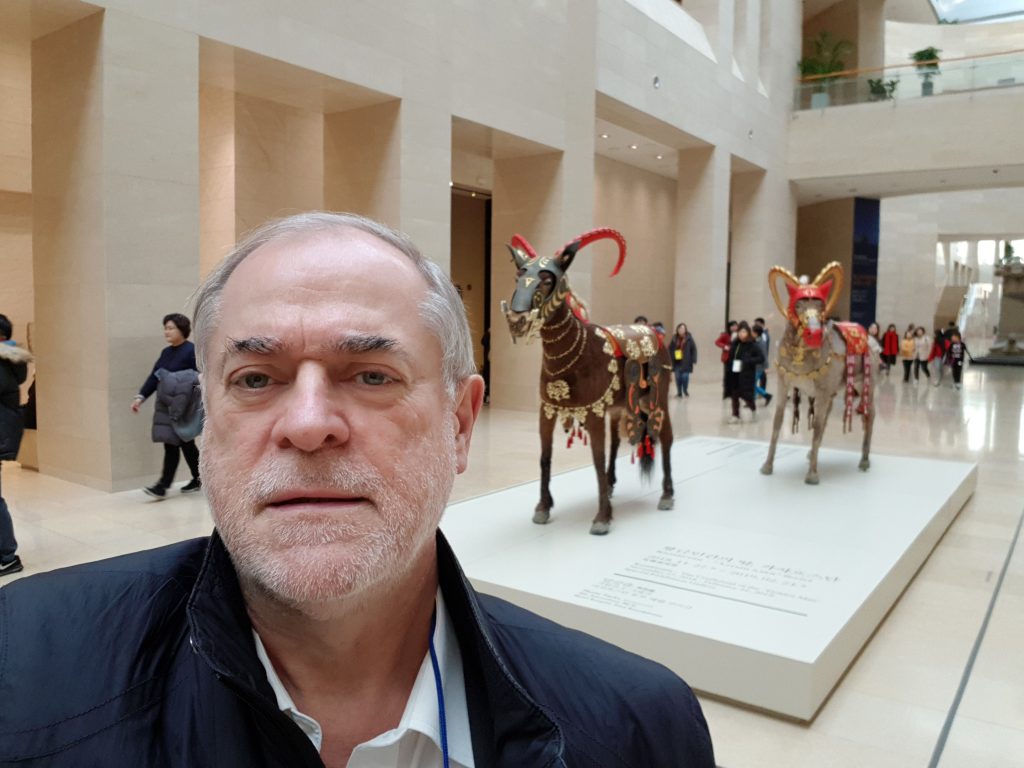
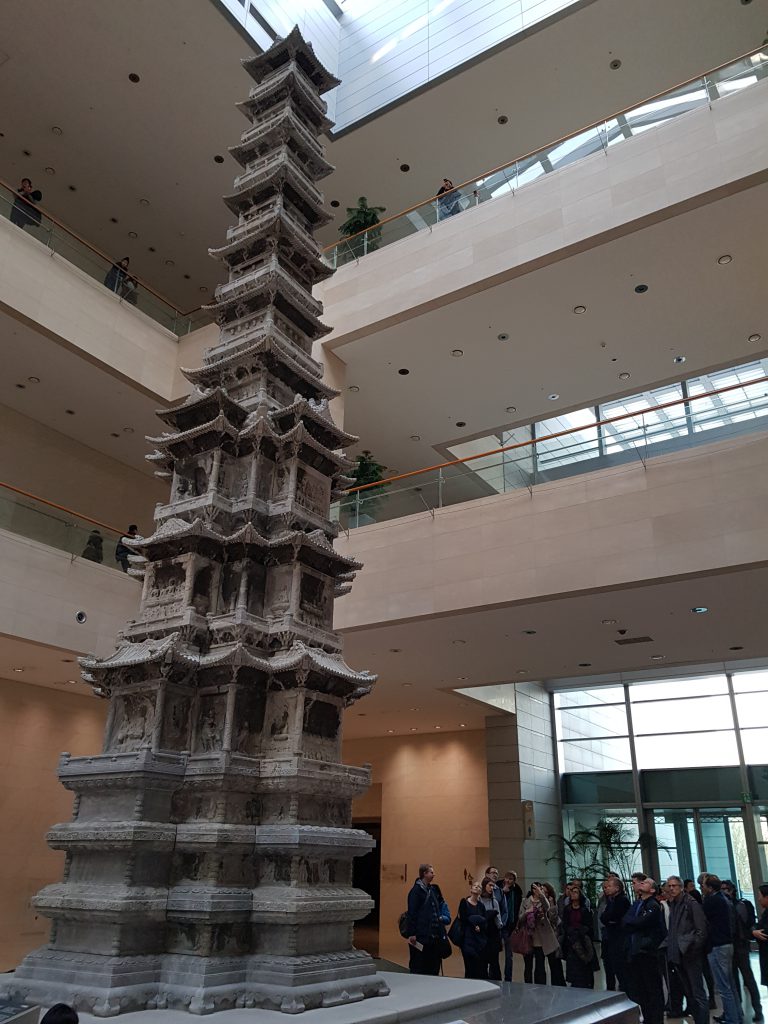
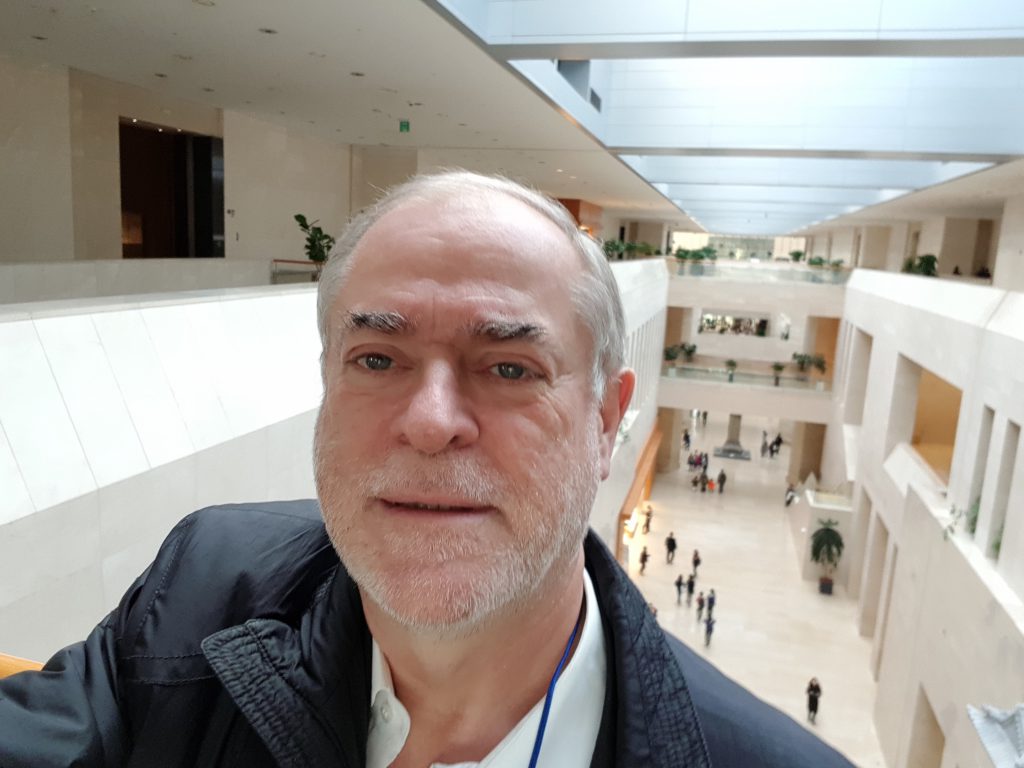
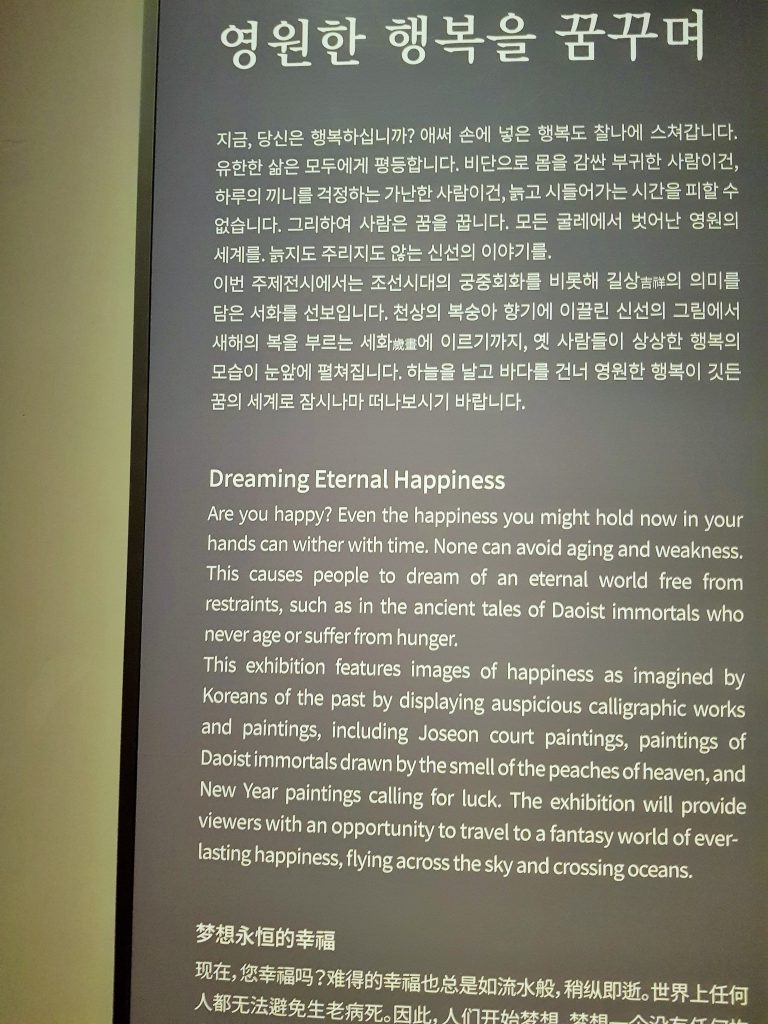

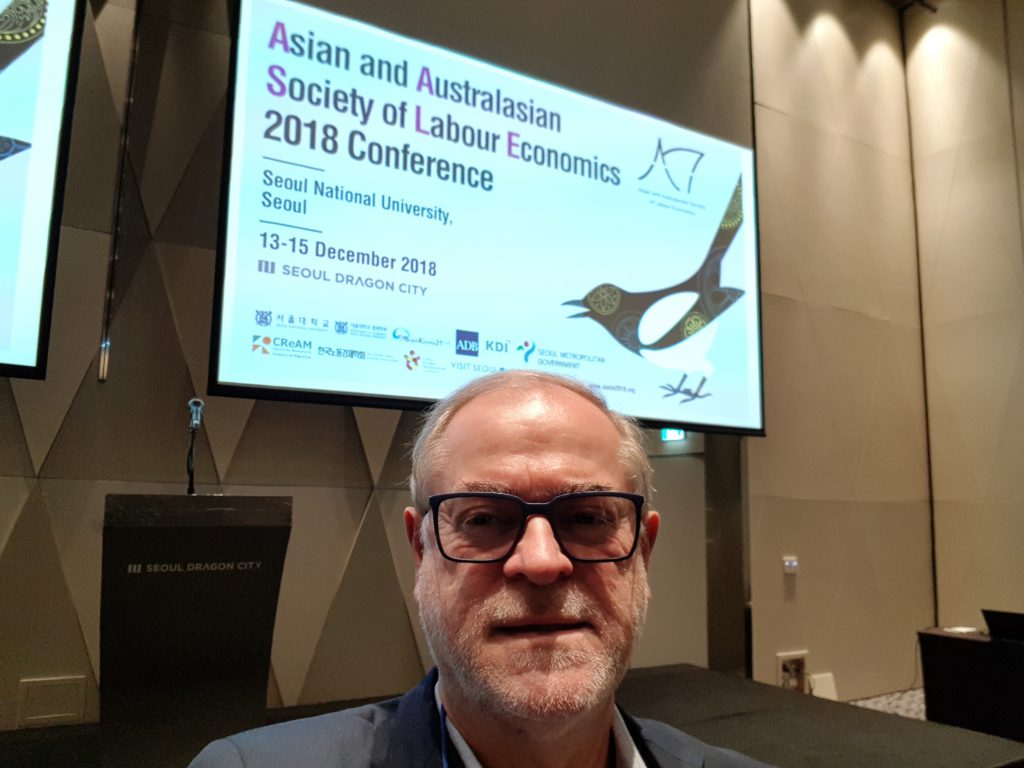
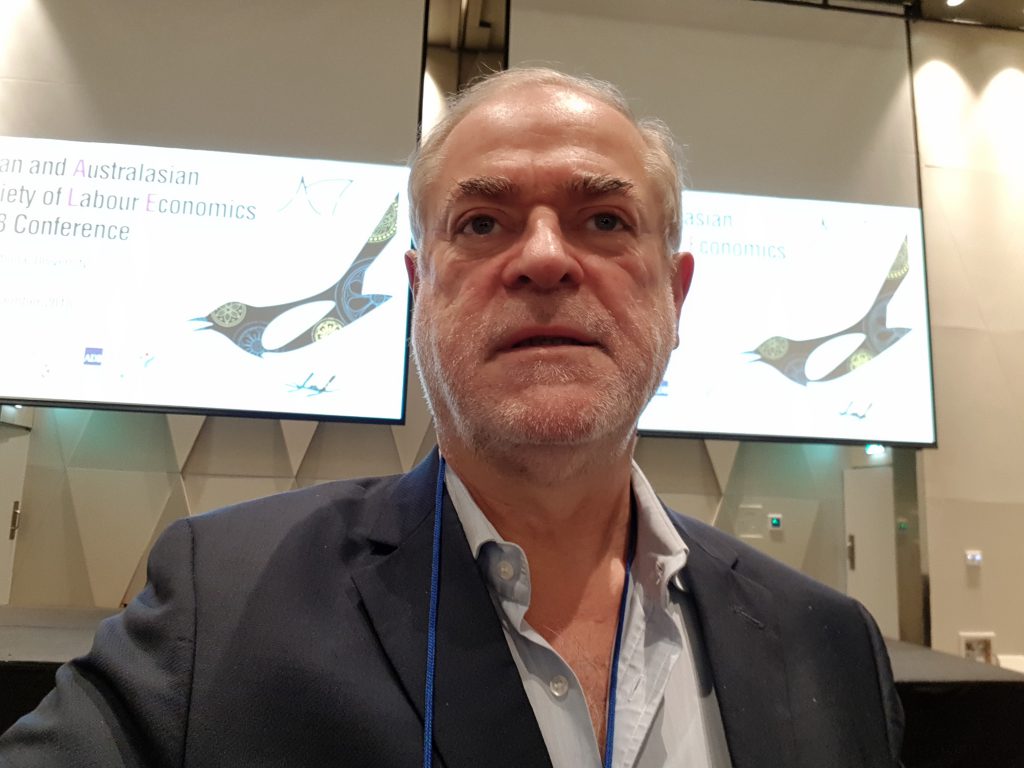


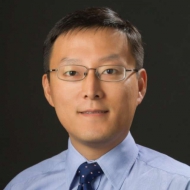 Abstract: Cognitive functioning is critical as in our daily life a host of real-world complex decisions in high-stakes markets have to be made. The decision-making process can be vulnerable to environmental stressors. Summarizing the growing economic and epidemiologic evidence linking air pollution, cognition performance and real-world decision making, we first illustrate key physiological and psychological pathways between air pollution and cognition. We then document the main patterns of air pollution affecting cognitive test performance by type of cognitive tests, gender, window of exposure, age profile, and educational attainment. We further extend to a review of real-world decision making that has been found to be affected by air pollution and the resulting cognitive impairments. Finally, rich implications on environmental health policies are drawn based on existing evaluations of social costs of air pollution.
Abstract: Cognitive functioning is critical as in our daily life a host of real-world complex decisions in high-stakes markets have to be made. The decision-making process can be vulnerable to environmental stressors. Summarizing the growing economic and epidemiologic evidence linking air pollution, cognition performance and real-world decision making, we first illustrate key physiological and psychological pathways between air pollution and cognition. We then document the main patterns of air pollution affecting cognitive test performance by type of cognitive tests, gender, window of exposure, age profile, and educational attainment. We further extend to a review of real-world decision making that has been found to be affected by air pollution and the resulting cognitive impairments. Finally, rich implications on environmental health policies are drawn based on existing evaluations of social costs of air pollution.